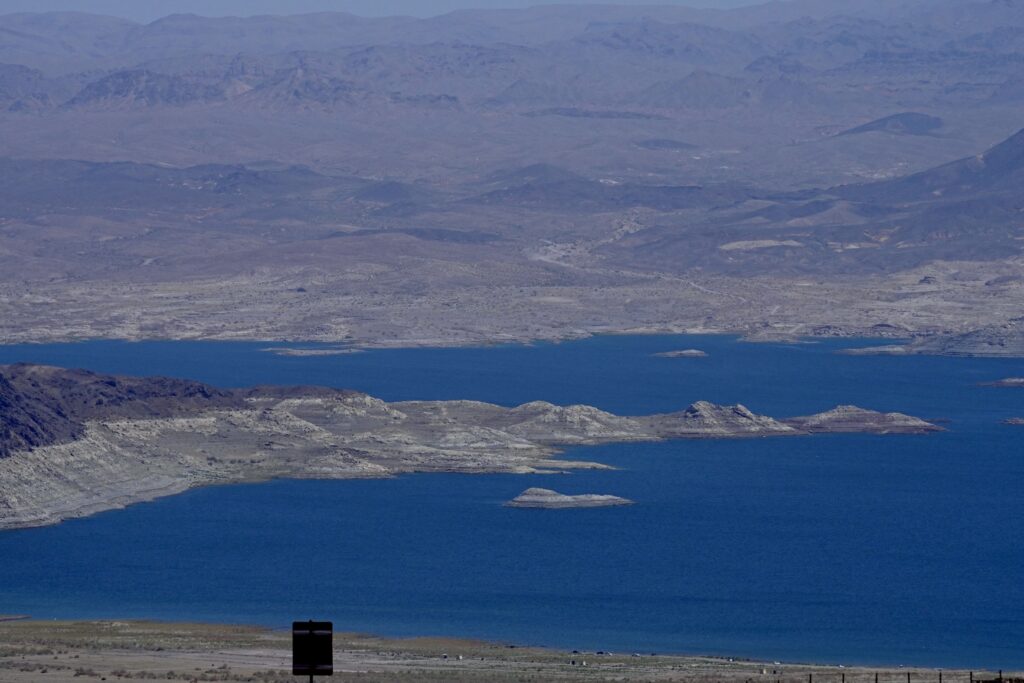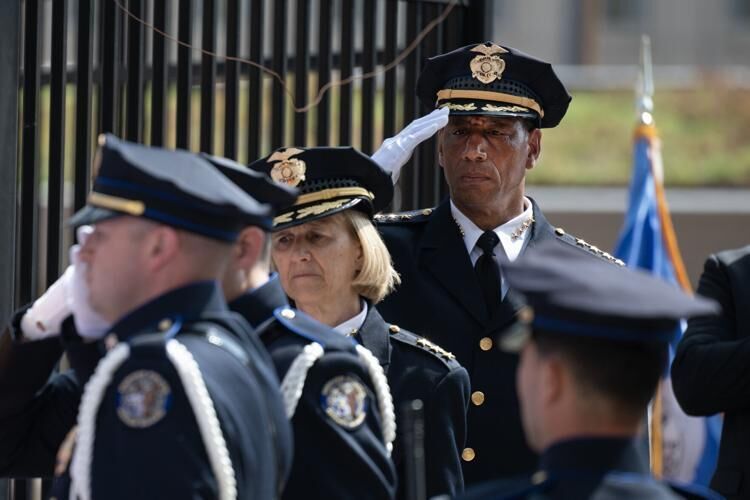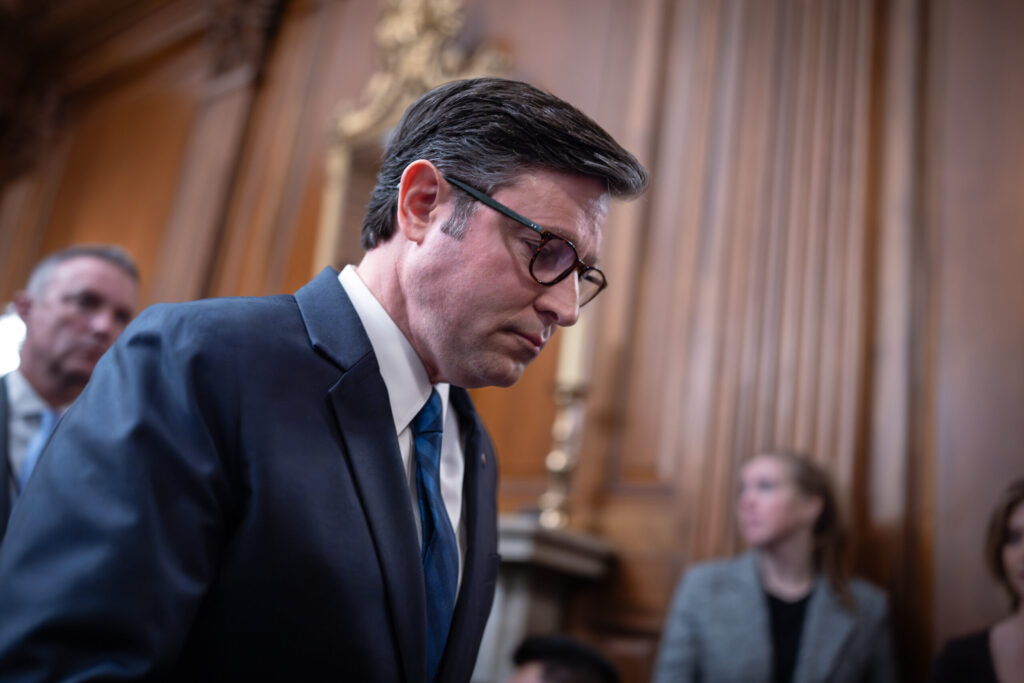Colorado ranks best in the West on state conservation policies
When it comes to conservation policy, Colorado is the best of the West.
That’s the finding of a scorecard released Tuesday by The Center for Western Priorities.
The scorecard rated state-level policies on public lands access, outdoor recreation and responsible energy development in Arizona, Colorado, Idaho, Montana, Nevada, New Mexico, Utah and Wyoming.
Colorado is way better than other Western states when it comes to “responsible energy development.”
Colorado scored an 8 out of 10. The next highest states were Utah and Wyoming at 4.
The scorecard measured “setbacks of oil and gas wells, public disclosure of fracking chemicals, spill reporting and transparency, baseline water testing, oil and gas methane emission reduction, well and mine bonding, and whether taxpayers are receiving a fair return for the use of their public lands for private energy development.”
Colorado also was tops in recreation, with a 7 to Utah’s five.
But our state was tied with five others for second place in public lands and access, scoring a 5 while Montana had an 8.
Jennifer Rokala, the executive director of the Center for Western Priorities, said the Trump administration is offering troubling proposals on environmental issues.
“Fortunately there’s a different story to be told at the state level,” she said.
Scott Braden, the wilderness and public lands advocate for Conservation Colorado, said Colorado has benefitted from Gov. John Hickenlooper and key legislators charging a different direction than the Trump administration.
Hickenlooper, for instance, plans to stay the course on reducing greenhouse gases, even as the Trump administration abandons President Obama’s Clean Power Plan and the U.S. membership in the Paris Climate Accord.
“I think in Colorado, we can tell a pretty compelling story of that alternative leadership,” Braden said of Trump on a press call with reporters Tuesday morning, citing Hickenlooper.
He said Colorado has show the real dollar value of a thriving outdoor recreation industry, noting that the Outdoor Retailer show relocated from Salt Lake City to Denver this year, because of Utah leaders’ unacceptable policies on public lands.
“Taking care of our public lands is good for business in Colorado,” Braden told reporters, adding the great outdoors is a big part of the state’s brand.
He noted that Great Outdoors Colorado has put nearly $1 billion into the infrastructure around public lands since it was passed by voters in 1992.
When the lottery sunsets in 2024, Conservation Colorado, the state’s largest environmental organization with 35,000 members, will be there to fight for it.
He said Colorado Parks and Wildlife faces a serious funding shortage. Parks and state lands are cared for with parks fees, permits and hunting licenses.
An effort to raise those fees failed in the last session, but Braden said the legislative push hopefully will begin anew when the next session convenes in January.
“We work to elect and hold accountable conservation leaders,” he said on the press call.
Rokala lauded Colorado’s West-leading scores but added, “No one state does everything perfectly.” She said that Western states can learn from one another.
Indeed, Nevada held its first state Public Lands Day on Sept. 30, and year after Colorado created its day of celebration and months after its first celebration of the day, helped the third Saturday in May each year.
She noted that Colorado has the strongest methane-waste prevention program in the country. The federal rule, in fact, is based on Colorado’s effort.












